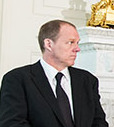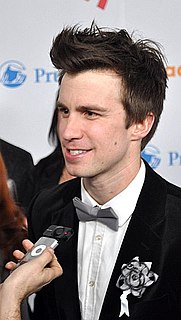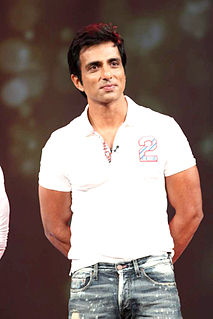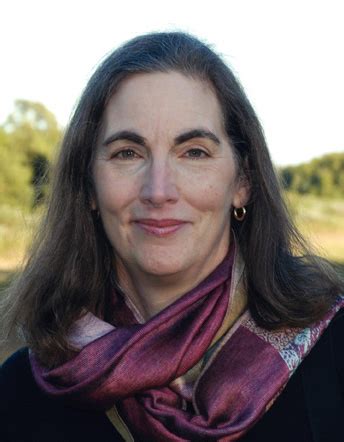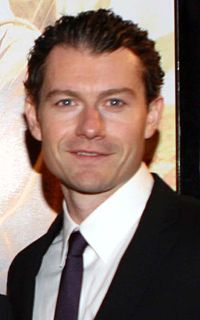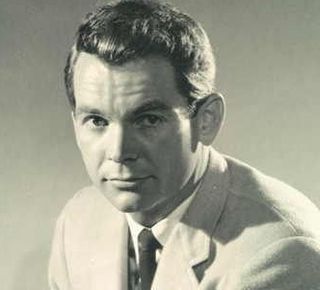A Quote by Brian Helgeland
It's always once the script's done in the first two years if it doesn't get going somehow or another, I've never had an old script that someone's made later on.
Related Quotes
I was really proud to be in that show. I will never forget. I got the script to 'Millie,' and I'm flipping through the script and saying, 'Boy, I have some lines... I have a big song.' I was 25 years old and had never been on Broadway before. I got to the end of the script, and I was really nervous and excited. I realized I had a lot to do.
I always loved movies, but I never thought I would presume to be a screenwriter and definitely not a director. I spent a lot of time for no money trying to teach myself how to write a script. It always felt like everybody was looking the other way and sneaking that script through the system, but it did well later on video and got another chance.
I think the beauty of documentary work is that it's a mystery - you never know where it's going to lead you. You start out with some notion of it, but it's very different from a script. A script you write, you shoot against, and you know what the story is going to be. There's always the element of surprise, but the surprise comes from performance, from something that's improvised, it comes from someone who sees it inside an already determined framework. In documentary, it's never determined. It's never the same, and affords enormous possibility.
In a play, you know where you start and end and all the stops you have to do, but in television, you can't construct this carefully planned out arc for your character. You often get a script and you're shooting it two days later, and you don't know what's going to happen next. It's one of the harder things that I've done.
Lego was our fourth film, because we did two Cloudys, so yeah there's a little bit of shorthand that's involved and then you can anticipate things- because for me it's like, I get a script for a movie and I go, "Wow that's a pretty good script", then you sign on and a couple months later they show you the first cut and you're like, "Whoa, how did that happen?"
Any good movie or script usually, if they're doing their job, gives the highest platform possible for an actor to leap off of, and that script was very high up there. It was a very smart, tight script. There was a lot of improv, as well, once we got to the set, but a lot of the original script was also in there.
As we were negotiating, I didn't have a script. Once the deal is closed, they let you read the script. So, I got the script and was reading it like, "Oh, please be good!," because I'd already signed on the dotted line. And I read it and just went, "Okay, I'm going to be okay. Thank god!" It was a really funny, moving story.
You don't get a script sent to you for two years, it crosses your mind, 'Gee, what's going on?' Then five years pass, and pretty soon a decade has gone by. Finally, you say to yourself, 'Well, if in fact that's it, then let me be happy with 30 pictures that made about $460 million and pictures that made a lot of people laugh.'
